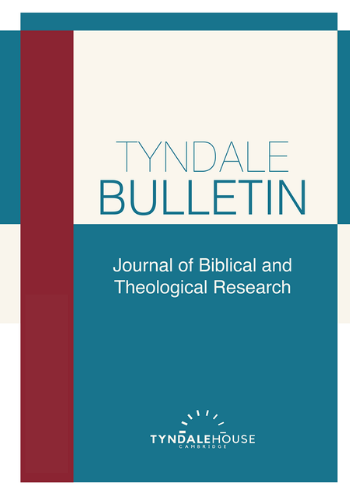모방(Mimesis)은 그레코-로만 고대의 도덕 및 시민 교육에서 결정적인 역할을 했다. 전 그리스 드라마부터 아리스토텔레스, 그레코-로만 수사학 전통에 이르기까지, 모방 윤리는 개인적 모범과 모방이 어떻게 사람들의 행동과 성품을 형성하는지에 초점을 맞춘다. 그레코-로만 전통과의 오랜 접촉은 초기 기독교가 가족과 교육이라는 중첩된 영역에서 모방 개념을 채택하도록 이끌었다기독교인들이 하나님의 사회에서 좋은 제자 또는 '시민'이 되도록 부름받았다는 점에서 제자도와 시민됨은 교차한다. 본 연구는 요한, 바울, 그리고 베드로 전통을 탐구하며, 개인적 모범과 모방이라는 메커니즘이 초기 기독교인들의 윤리적-정치적 삶을 규제하고 그들이 교회와 사회 모두에서 잘 살도록 가르친다고 제안한다.
Mimesis played a crucial role in moral and civic education in Graeco-Roman antiquity. From classical Greek drama to Aristotle to the Graeco-Roman rhetorical traditions, mimetic ethics focuses on how personal example and imitation shaped people’s behaviour and character. Extended contact with the Graeco-Roman traditions led early Christianity to adopt the concept of mimesis in the overlapping spheres of family and education. Discipleship and citizenship intersect in that Christians are called to be good disciples or ‘citizens’ in God’s society. This study explores the Johannine, Pauline, and Petrine traditions and proposes that the mechanism of personal example and imitation regulates the ethical–political life of early Christians and instructs them to live well in both the church and society.







